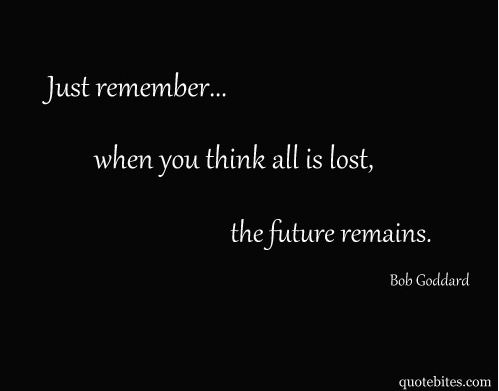 Reading the latest study coming out of the Columbia Earth Institute and Professor Jeffrey Sachs’ latest article in World Happiness, I could not help but think of what this peculiar concept really means – and how personal circumstances and life’s ups and downs shape our angle and kaleidoscope.
Reading the latest study coming out of the Columbia Earth Institute and Professor Jeffrey Sachs’ latest article in World Happiness, I could not help but think of what this peculiar concept really means – and how personal circumstances and life’s ups and downs shape our angle and kaleidoscope.
While a member of my family has been hit hard by fate (is there really something called fate?) I will not make this personal. Instead, I want to focus on the opportunity we each choose to grasp or ignore when something bad happens. Hardships serve their purpose; while they are painful and occasionally gravely deep, the desire to overcome has an amazing healing and reconstructive power.
In Ancient Greece, Aristotle in Ethics argued that happiness was the only good that was “good in itself.” If we ask why health matters, we can give reasons: people feel bad when they are sick. Similarly people feel bad when they are not free. And so on. But if we ask, “Why does it matter if people feel good or bad?” we often end up with the proposition that people’s feelings – their happiness – is the ultimate standard for judging the importance of health or some other objective.
And while the individual hero in all of us takes over, some heroes lead tribes, collectives and whole nations into rising and weathering the storm. Sometimes, all you need is sheer influencing power but more than often you need inspiration, hope and a sense of community.
“What are you going to do to create the future?”
And what you choose to do will lead to that future – shaped by you and your hard work.
My dear friend, Peter Economides is going to ask this question at the New York Innovation Conference next weekend. I will be there. And it will be about the future of Greece. But strangely, the question is deeply personal and not nationalistic. It’s always about YOUR future wherever you decide to be. Whether you choose to do something about it in Greece is only up to you.
 What interests me is helping sharp, intelligently curious people overcome barriers that may be keeping them from achieving more. Passion and boldness can make the art and science of leading easier to navigate. So, have fire; feel with your brain; don't be afraid.
What interests me is helping sharp, intelligently curious people overcome barriers that may be keeping them from achieving more. Passion and boldness can make the art and science of leading easier to navigate. So, have fire; feel with your brain; don't be afraid.
